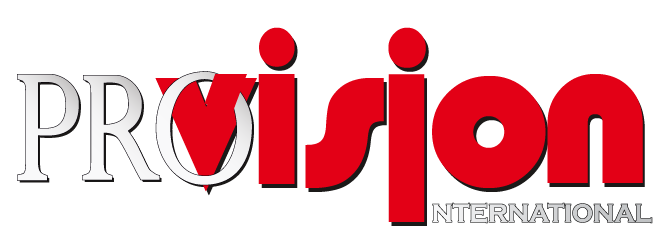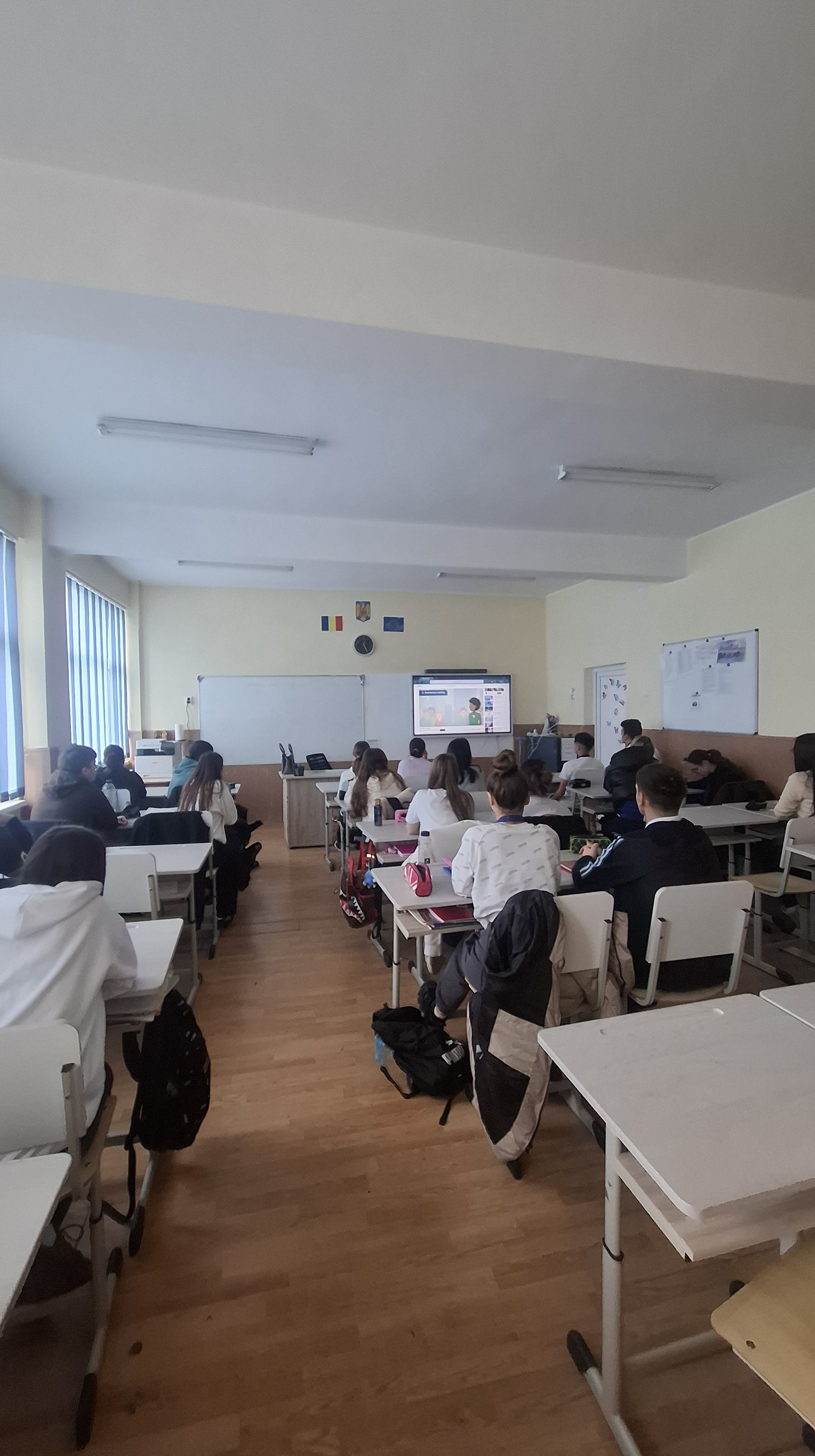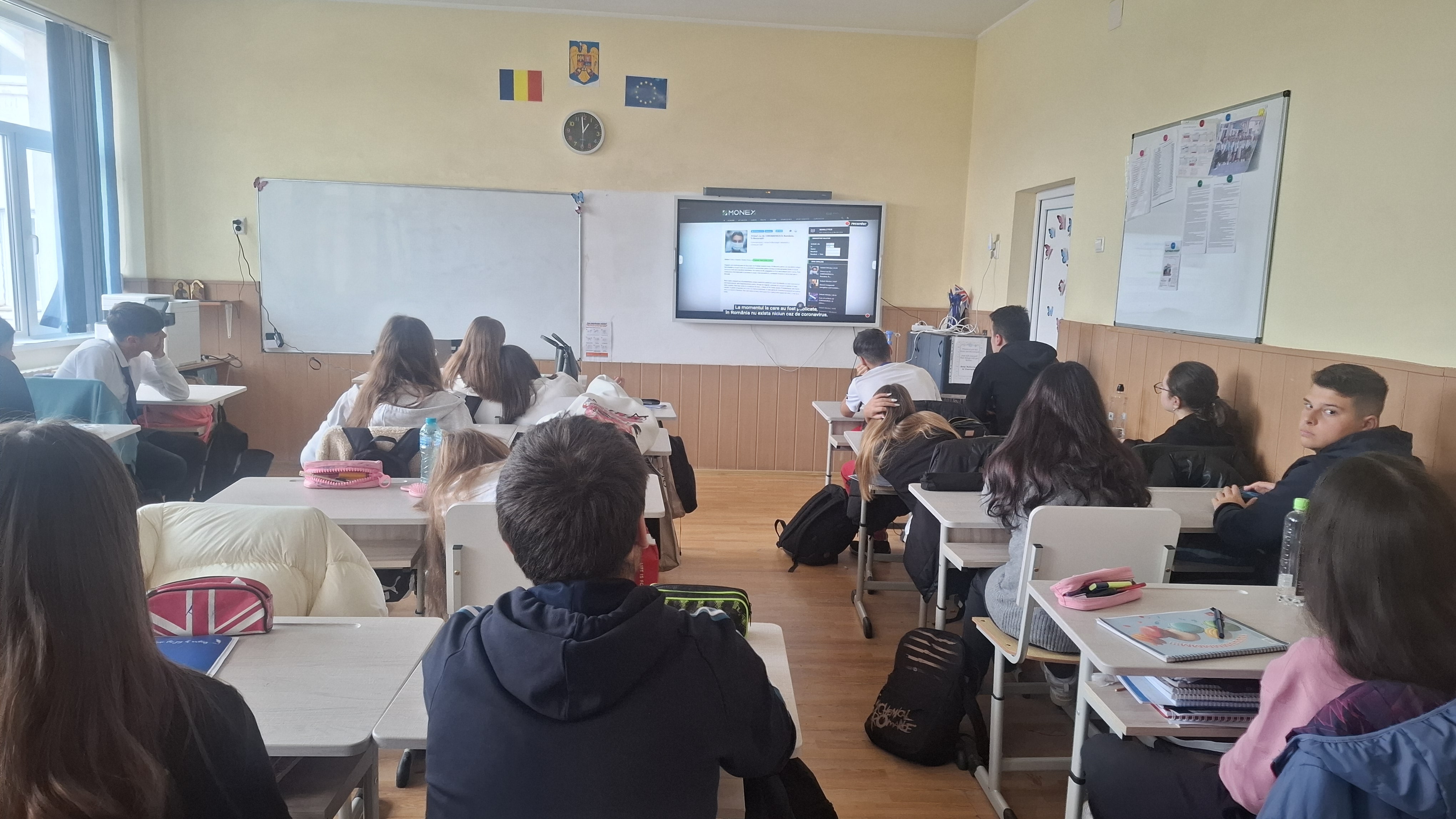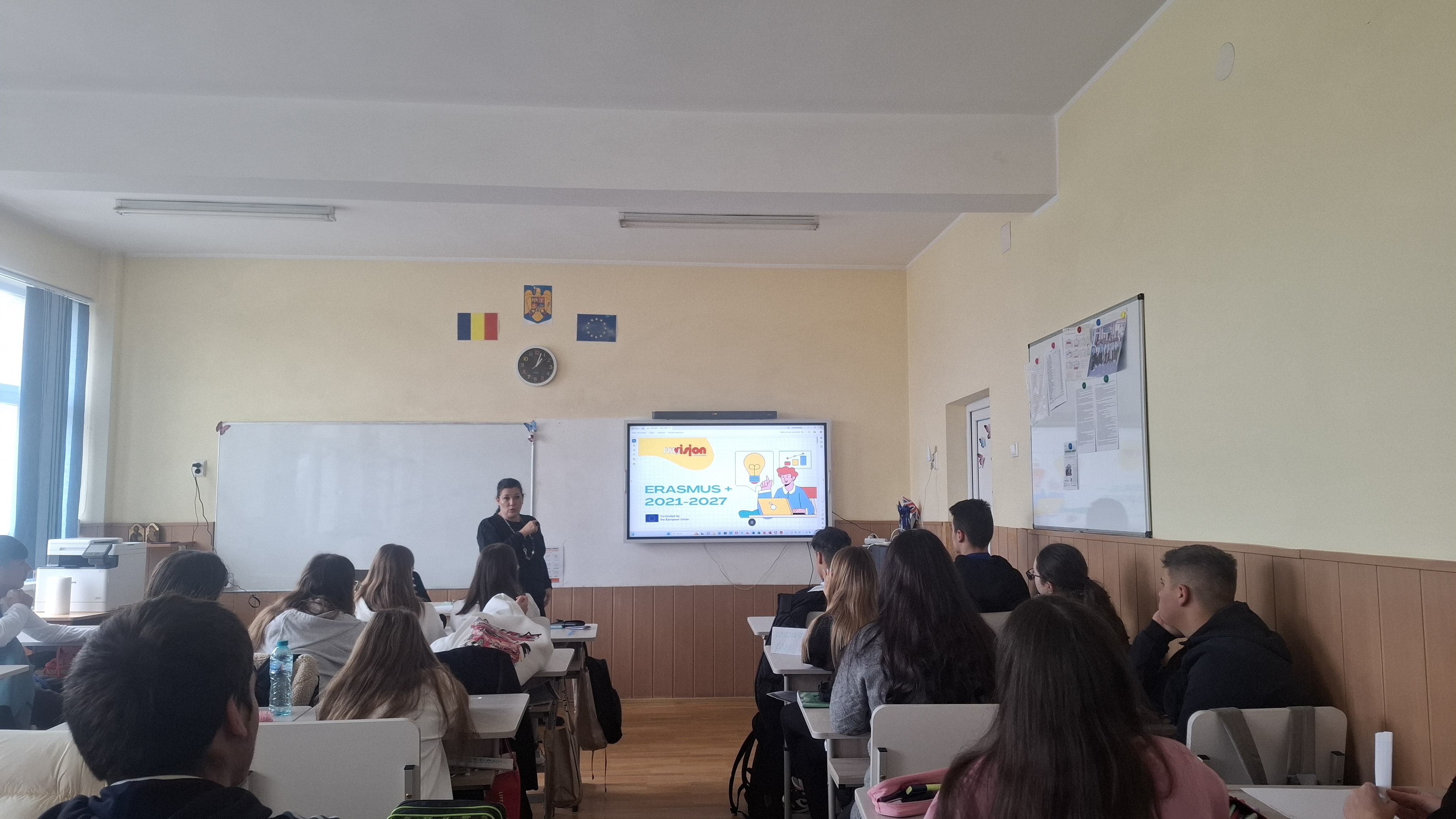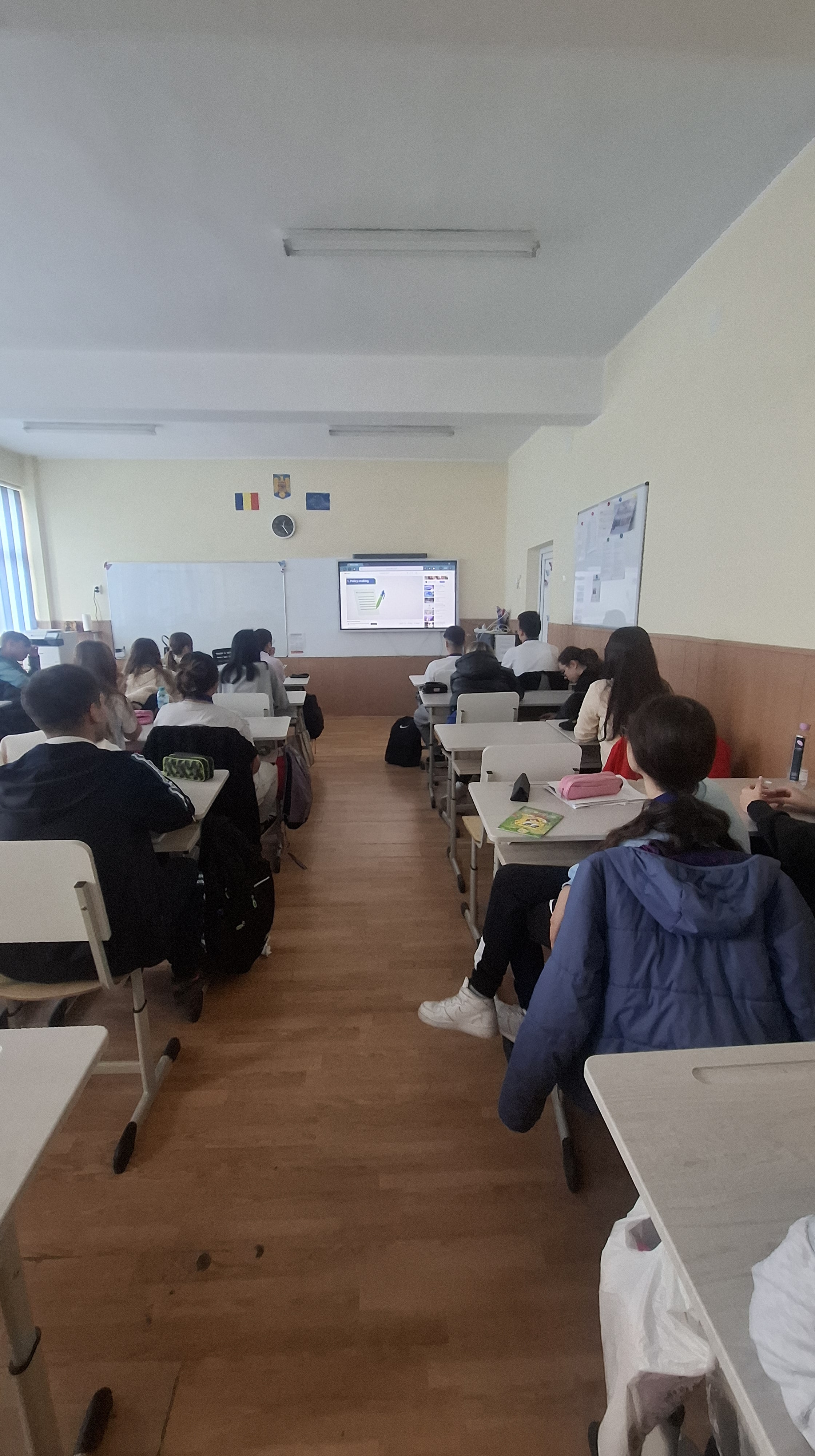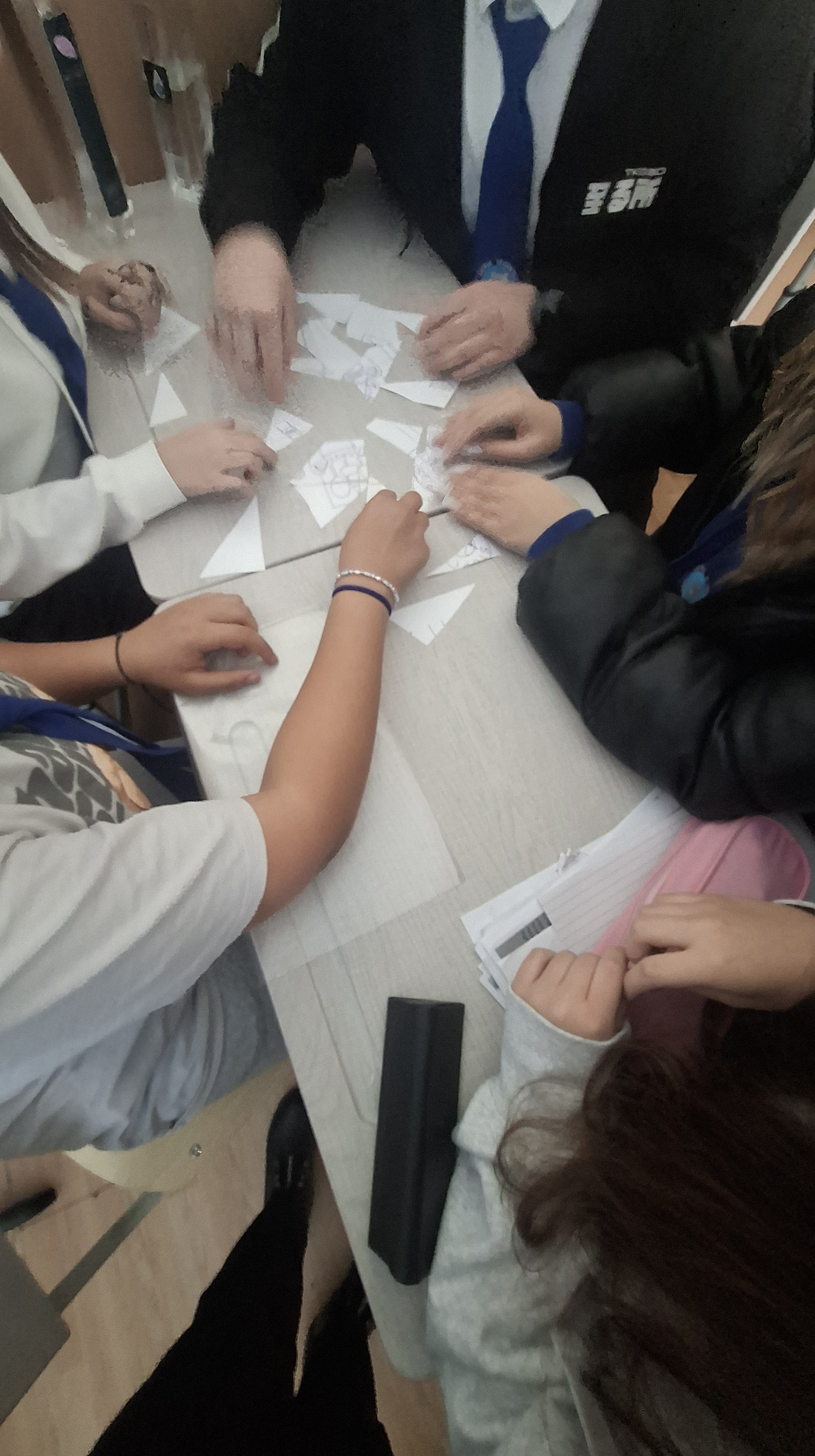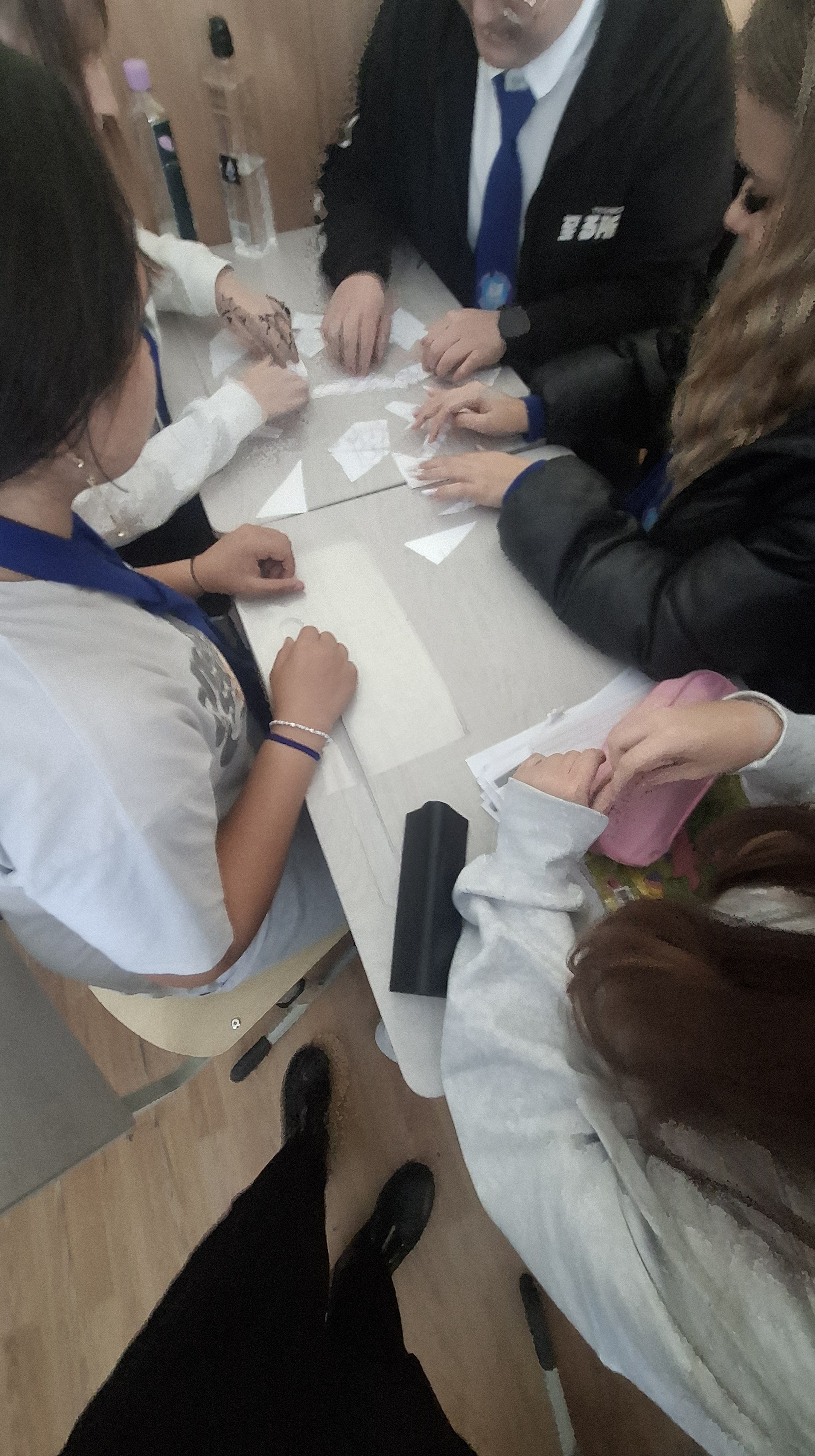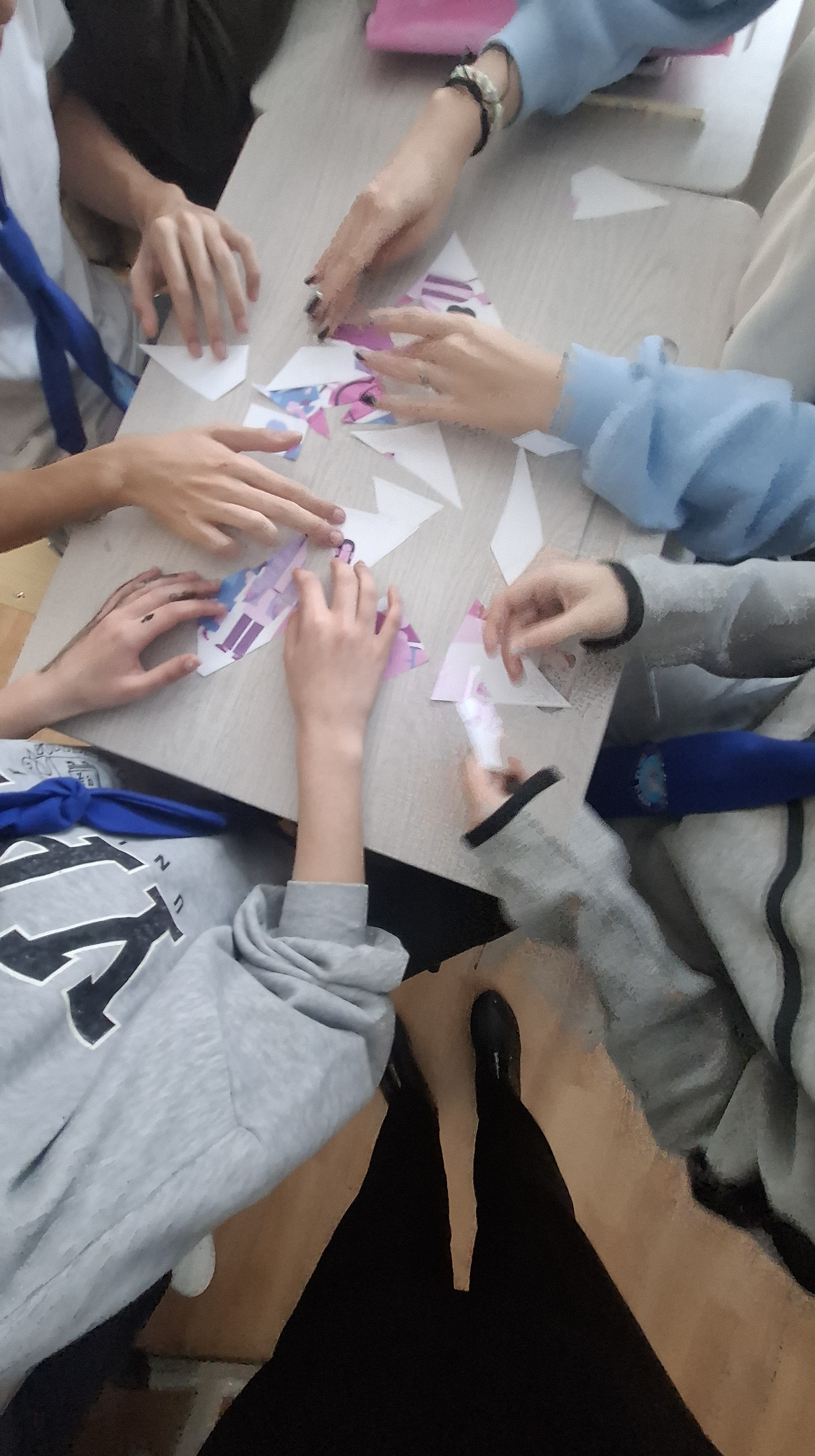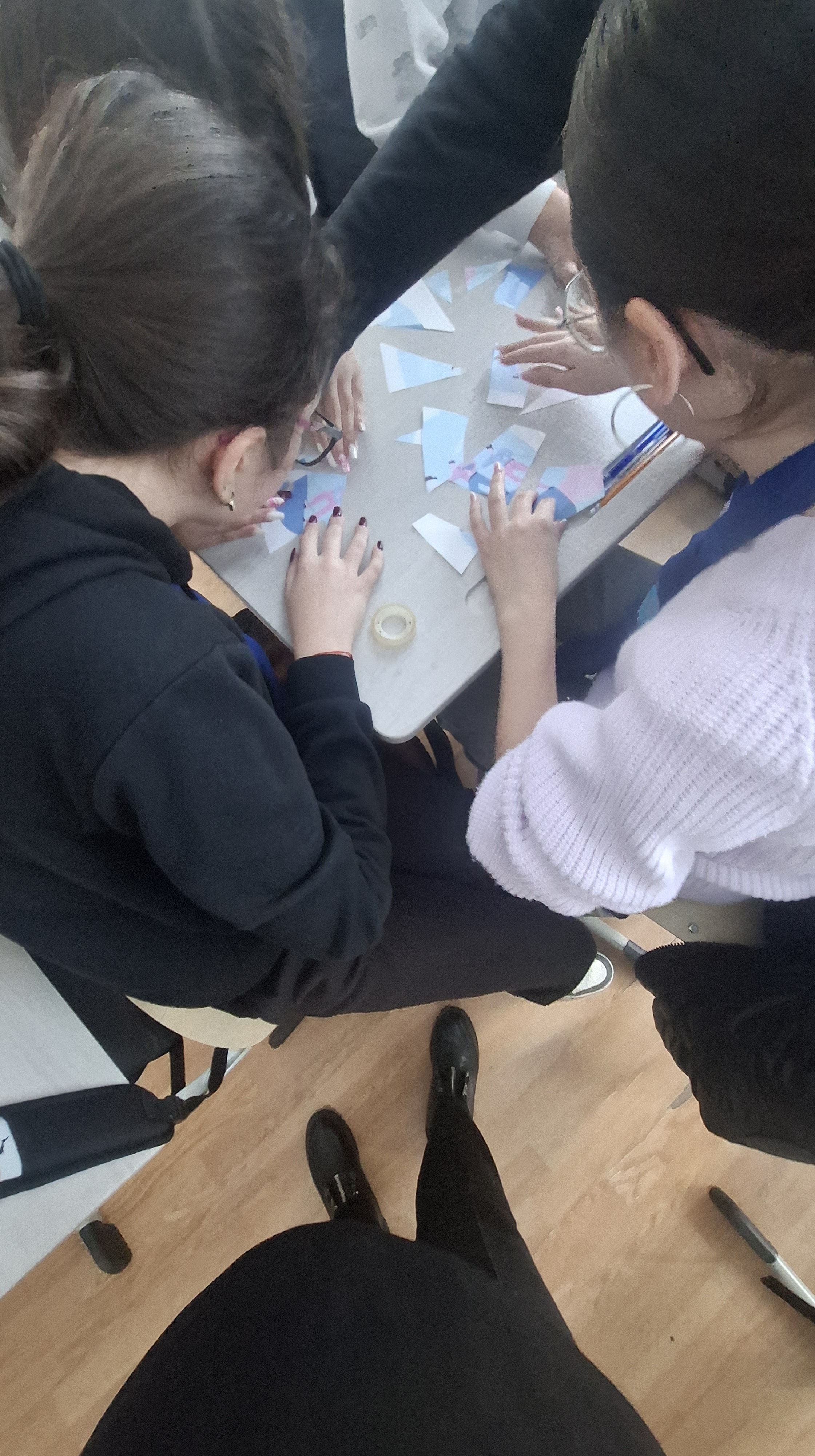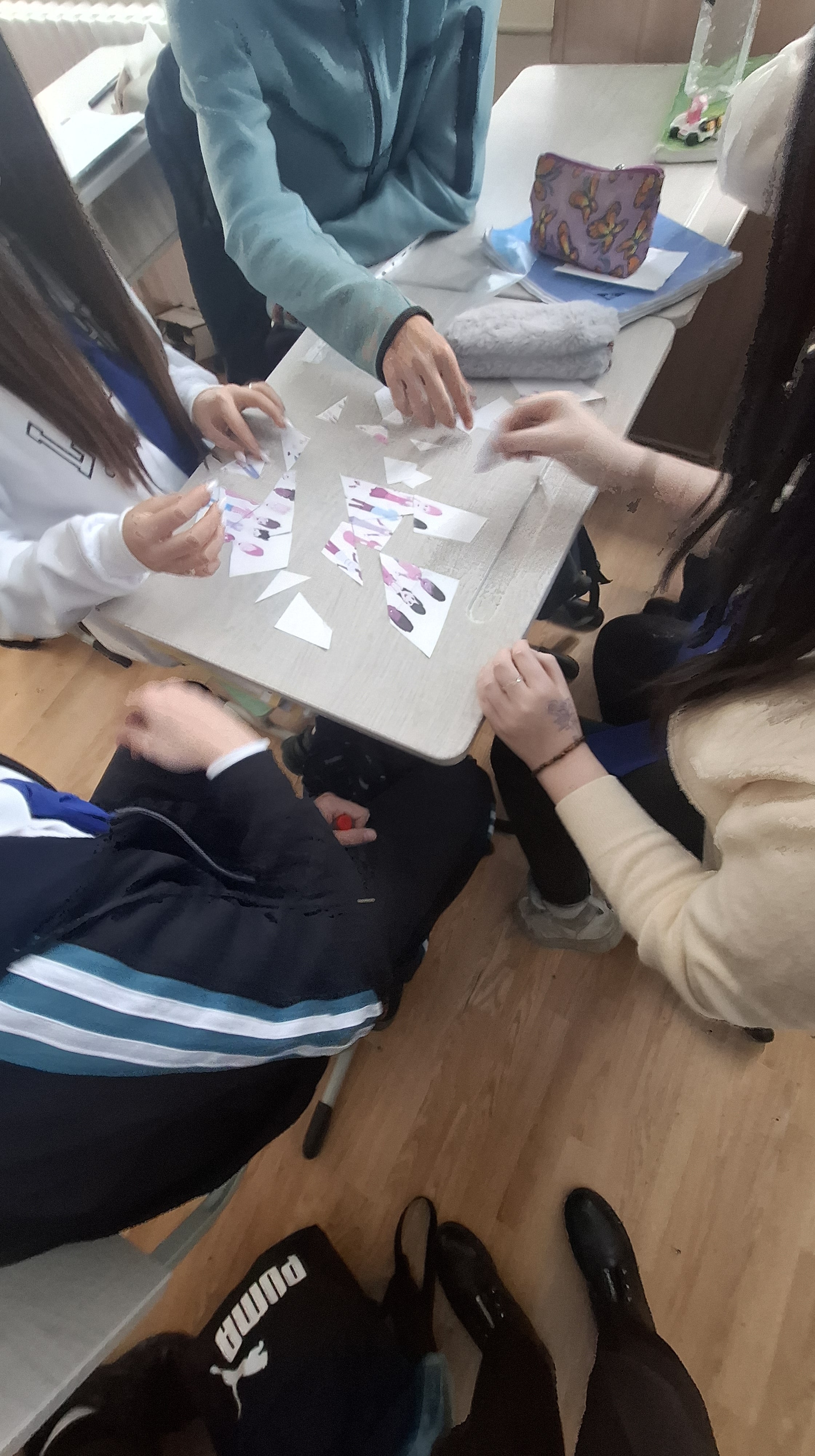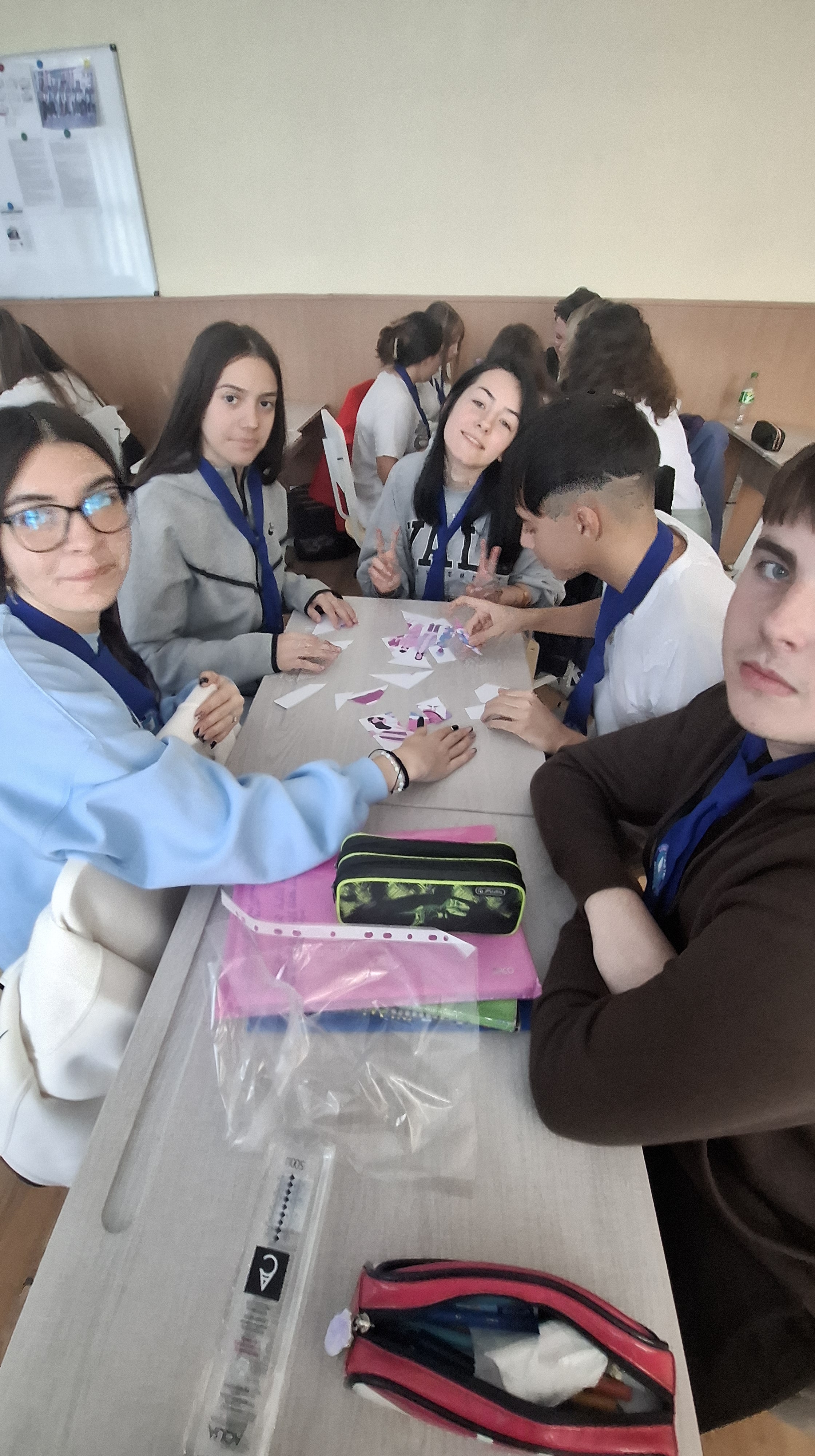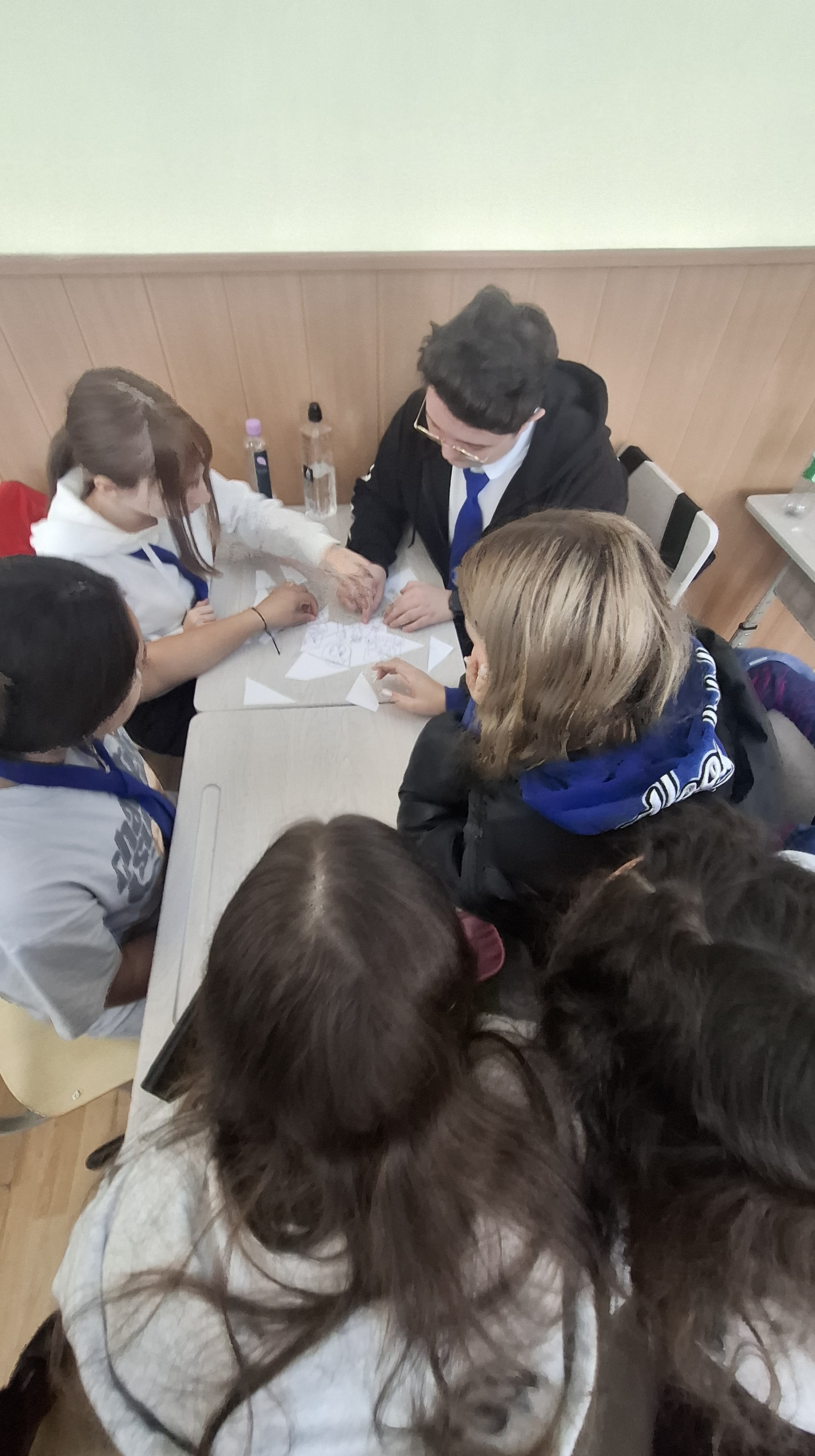As part of her dissemination efforts following the Erasmus+ training course, Ana Mihaela Radef from Romania organized a special activity with her class to raise awareness about critical media literacy and share insights from her experience.
The session began with a presentation on the Erasmus+ program, emphasizing its objectives, opportunities, and the professional benefits of participation. Ana then led an engaging session on fake news, helping students understand how misinformation spreads and why verifying information is essential in today’s digital landscape.
To enhance learning, she facilitated interactive activities, including:
- A Puzzle Game: Students worked collaboratively to assemble concepts related to identifying credible sources of information.
- Fake News Analysis: Students analyzed real and fabricated stories to practice distinguishing facts from falsehoods.
The session concluded with a creative twist. Students expressed their understanding through an exhibition of drawings that showcased their interpretations of media literacy, fake news, and responsible digital engagement.
Details and outcomes from the activity are available on the class’s Facebook page: link.
Ana’s innovative approach combined education with creativity, empowering students to think critically and navigate the digital world responsibly. The enthusiastic participation and positive feedback affirmed the importance of integrating media literacy into the curriculum, making it a vital tool for fostering informed, thoughtful citizens.
Funded by the European Union. Views and opinions expressed are however those of the author(s) only and do not necessarily reflect those of the European Union or the European Education and Culture Executive Agency (EACEA). Neither the European Union nor EACEA can be held responsible for them.
